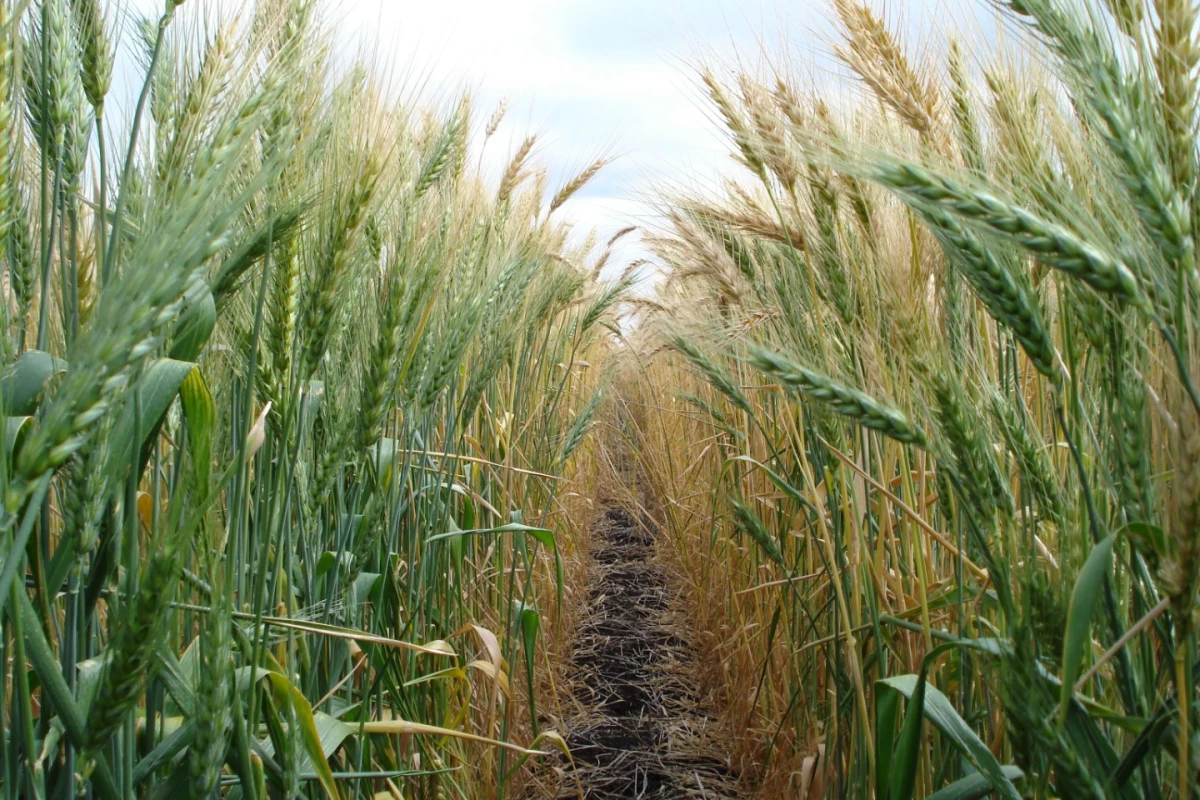A new study from the University of Queensland (UQ) debunks the myth that modern strains of wheat are overbred, vulnerable varieties that are heavily dependent on pesticides and fertilizers. By looking at five decades of wheat breeding in Europe, a team led Kai Voss-Fels found that modern wheat outperformed older strains in side-by-side field trials under optimum and poor conditions.
Wheat is the world's largest crop by area with 772 million tonnes cultivated worldwide and 143 million tonnes in Western Europe alone. It's a crop so large and important that if the harvest failed, the resulting famine and economic collapse would be unimaginable.
However, there is a common conception that modern wheat has been so heavily bred that it has become genetically weak with little variation and that it depends on heavy doses of fertilizers and pesticides in order to grow. To test this, the UQ team made a close study of 200 wheat strains used in Western Europe for the past 50 years and how they grow with different levels of mineral fertilizers, herbicides, and pesticides.

They found that the modern strains produced high yields with less need for chemicals compared to older ones. The new wheat showed incrementally accumulated genetic variants that made the strains not only show higher yields, but also improved disease resistance, nutrient use efficiency, photosynthetic efficiency and grain quality.
"There is a view that intensive selection and breeding, which has produced the high-yielding wheat cultivars used in modern cropping, has also made them less resilient and more dependent on chemicals to thrive," says Voss-Fels. "However, the data published today unequivocally shows that modern wheat out-performs older varieties, even under conditions of reduced amounts of fertilizers, fungicides and water. We also found that genetic diversity within the relatively narrow modern wheat gene pool is rich enough to potentially generate a further 23 per cent increase in yields."
In addition, the new findings promise to produce more resilient strains capable of facing harder environmental conditions, like droughts.
"Quite a few people will be taken aback by just how tough modern wheat varieties proved to be, even in harsh growing conditions, such as drought, and using less chemical inputs," says Voss-Fels. "This genetic information allows us to take the discovery to the next level.
"We want to develop breeding strategies to bring together favorable alleles in new cultivars in the shortest possible time. We are using artificial intelligence (AI) algorithms to predict the optimal crosses needed to bring together the most favorable segments as fast as possible."
The study is published in Nature Plants.
Source: University of Queensland






